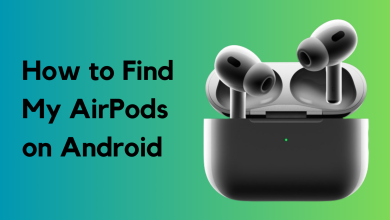Are AirPods Really Waterproof? Explained for All Generations
Whether you’re considering AirPods as a gift or as a wireless earbud upgrade for yourself, it’s important to think about how you’ll use them to decide if they’re suitable for all your activities. For example, using AirPods in the rain, while exercising, or during heavy sweating may not be a good idea if your model isn’t water-resistant.

Some AirPods models offer various levels of water resistance. To avoid accidentally damaging your AirPods, it’s helpful to understand how much moisture they can actually handle. Let’s break it down for you (no pun intended).
This article refers to different AirPods models by their generational names. If you get confused, use this list for reference:
- AirPods (1st generation) → AirPods 1
- AirPods (2nd generation) → AirPods 2
- AirPods (3rd generation) → AirPods 3
- AirPods Pro (1st generation) → AirPods Pro
- AirPods Pro (2nd generation) → AirPods Pro 2
- AirPods Max (1st generation) → AirPods Max
Are AirPods Waterproof or Water-resistant?
Water and sweat resistance are not the same as waterproofing. Keep this in mind: AirPods Pro (both generations) and AirPods 3 are not waterproof; rather, they are resistant to water and sweat to some extent. The other AirPods models do not offer any water resistance at all.
AirPods Pro and AirPods 3 are not made for water activities like swimming or bathing. After workouts, excessive sweating, or exposure to water splashes, wipe your AirPods Pro or AirPods 3 with a clean, dry, lint-free cloth before putting them in their charging case. Don’t use compressed air or heat to clean them.
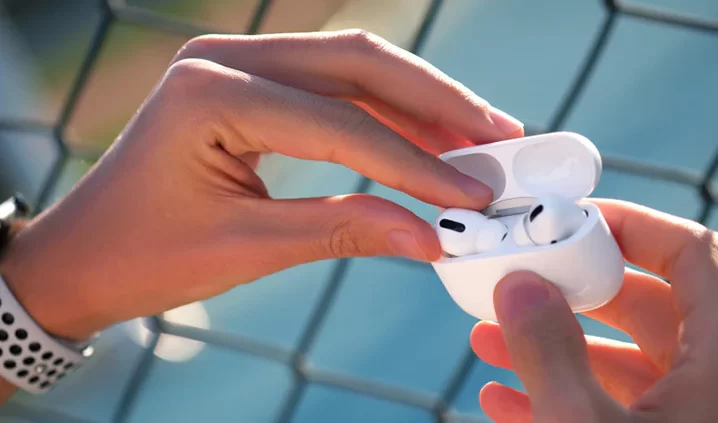
Waterproof vs. Water-Resistant
Waterproof products are designed to keep out water completely, even when submerged. Water resistance, however, means a device can withstand some water for a short period or at a shallow depth, but it’s not fully protected. Apple’s AirPods are not waterproof.
A water-resistant device protects its sensitive parts from brief splashes, sweat, or light rain. Water resistance is rated by the IP (Ingress Protection) rating system.
Sometimes, waterproof and water-resistant are confused. Remember, almost nothing is ever truly 100% waterproof.
AirPods 1 and AirPods 2 do not have any water resistance. However, AirPods 3 and AirPods Pro have an IPX4 water-resistance rating. This is a basic level of protection, meaning these models can handle small amounts of water, such as sweat or light splashes, but not much more.
Keep in mind, water-resistance fades with use. The seals on AirPods 3 or AirPods Pro wear out over time, so they’ll become less resistant as they age. Unfortunately, these seals can’t be replaced, so it’s important to take good care of your AirPods if you want them to remain water-resistant for as long as possible.
Are AirPods Waterproof?
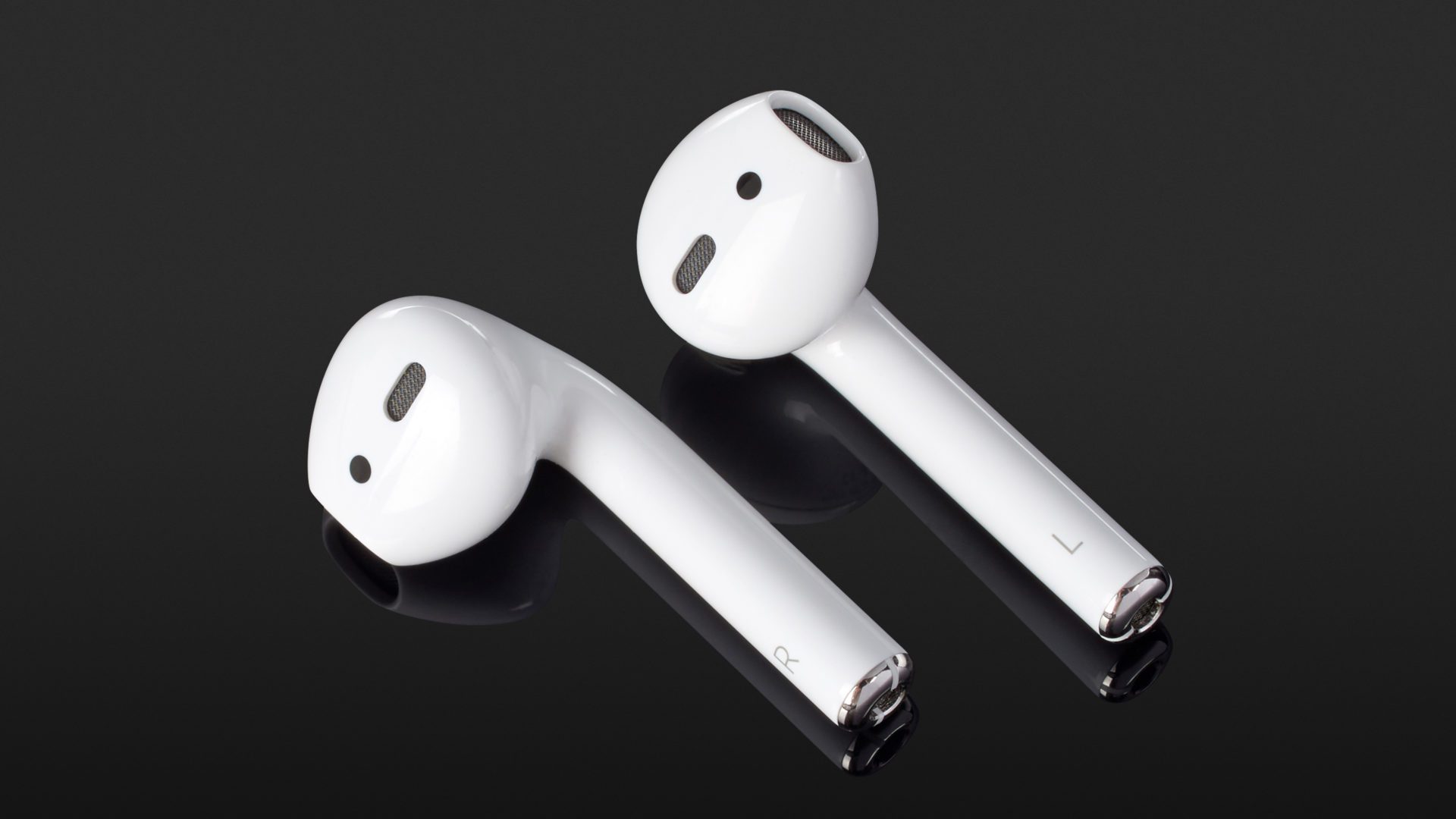
The now-discontinued AirPods 1 were not water resistant, which was one of their biggest drawbacks. If you still have first-generation AirPods, keep them away from water and avoid using them during workouts, as even a small splash could damage them permanently.
Similarly, AirPods 2 are not water resistant either. Thankfully, the latest AirPods 3 have the same IPX4 water-resistance rating as the AirPods Pro. This means they can handle sweat or light rain during exercise and are protected against small, accidental splashes.
Are AirPods Pro waterproof?
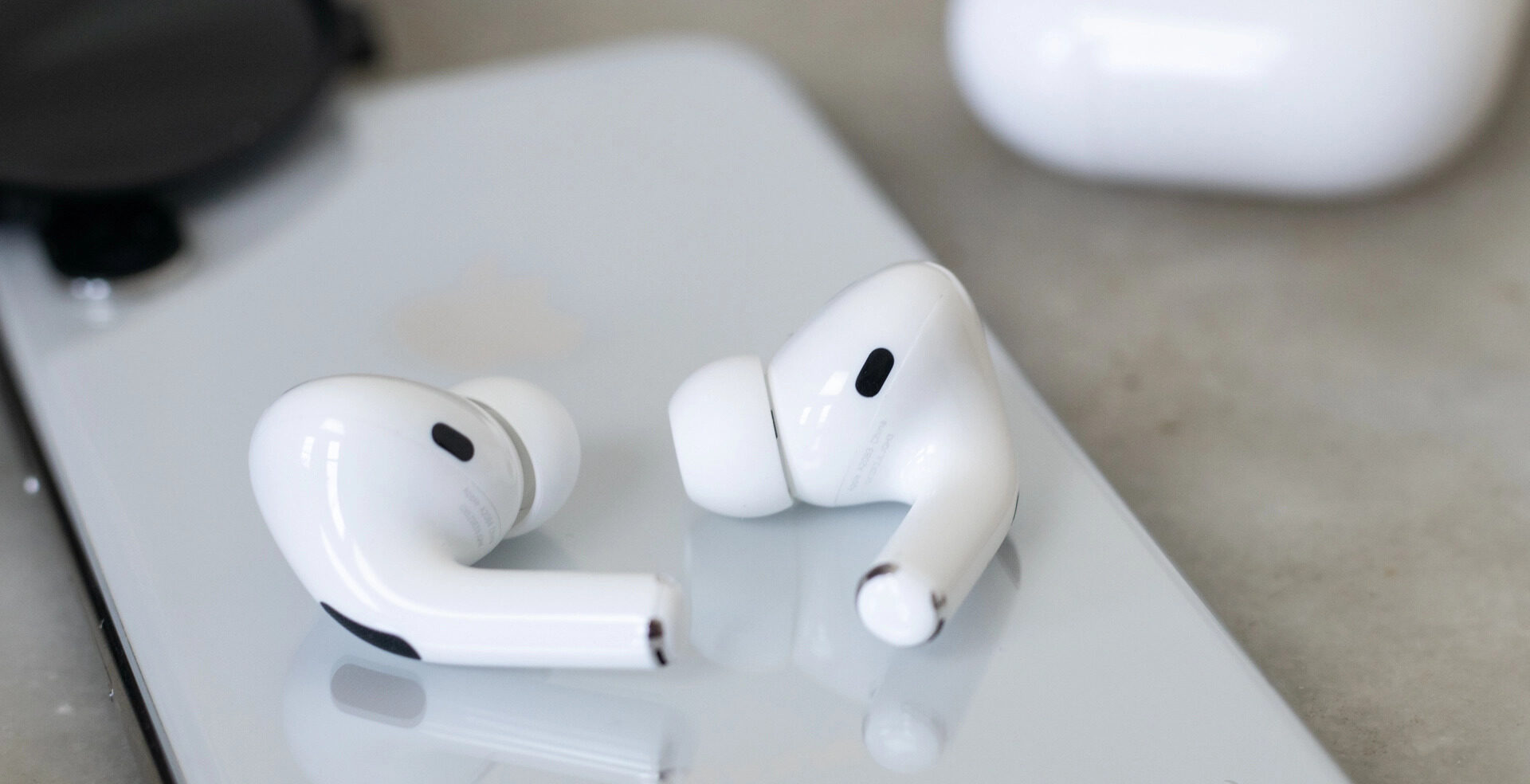
AirPods Pro were the first Apple earbuds to offer any real water resistance, receiving an IPX4 rating. Both generations of AirPods Pro are rated as water resistant. They’re safe for use during sweaty workouts or in the rain, but you should never submerge them in water. Swimming or showering with AirPods Pro is not recommended.
Are AirPods Max waterproof?
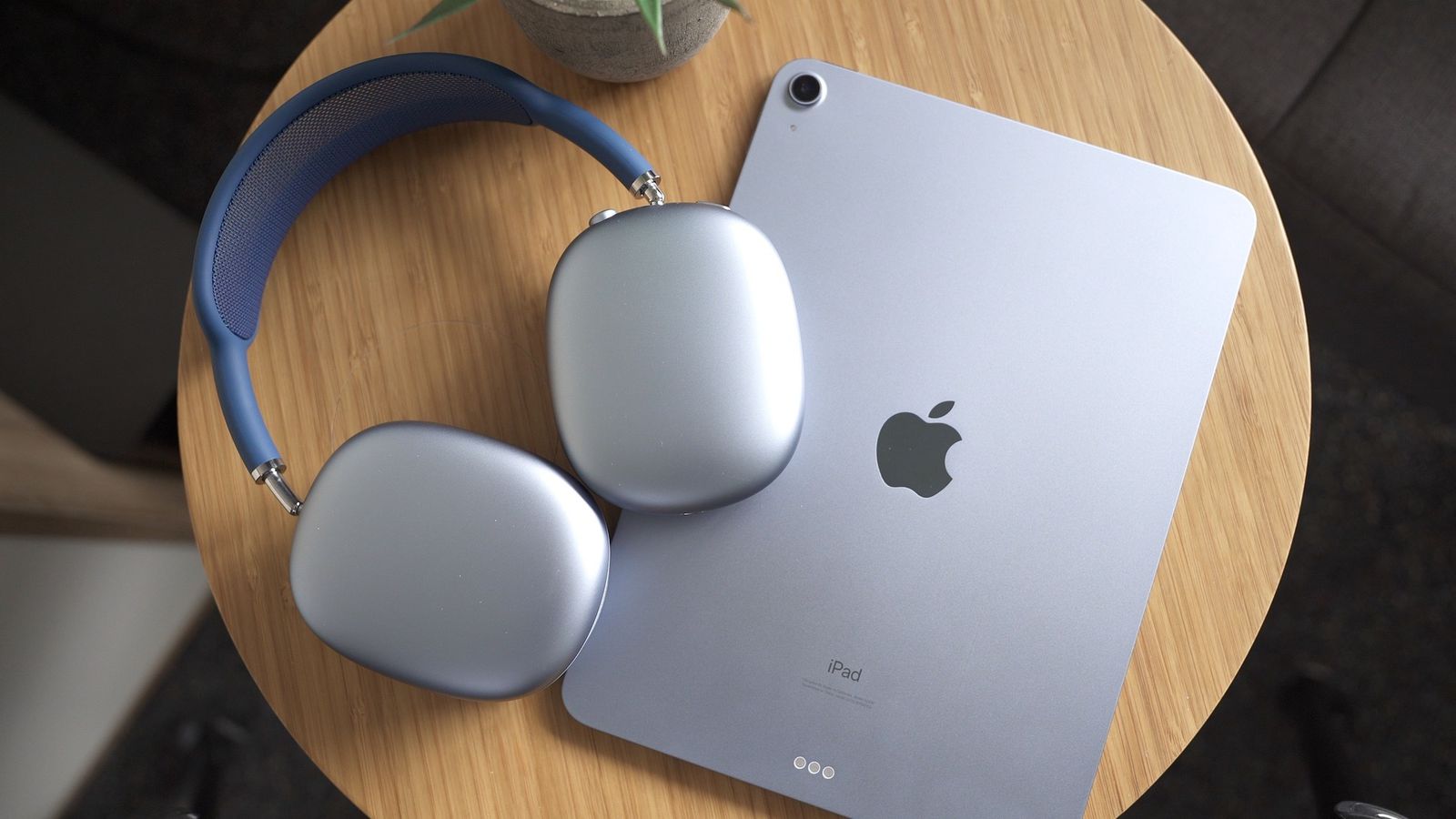
AirPods Max do not offer any water resistance. If you need headphones for working out or you live somewhere rainy, AirPods Max may not be the best choice. Moisture from rain or sweat can seep into the internal components or ear cushions and cause damage.
Apple recommends keeping AirPods Max away from moisture. Apple has not provided any official IP rating for AirPods Max, so it’s unclear how well they resist dust or water. With their high price tag, it’s best to protect AirPods Max from dust, moisture, and extreme conditions.
If your AirPods accidentally get wet…
If your AirPods get wet from sweat, rain, or even the washing machine, follow these steps immediately:
- Dry the AirPods with a soft, lint-free cloth—microfiber works best.
- Let the AirPods air dry completely before using them or putting them in the charging case.
If the charging case is wet, open the lid and let it dry upside down. If your AirPods come into contact with other liquids like tea, conditioner, oil, moisturizers, or sunscreen, follow these steps:
- Dampen a clean cloth slightly with water.
- Wipe your AirPods gently but thoroughly.
- Let the AirPods air dry before placing them back into the charging case.
- Do not use them until they are completely dry.
However, even after following these steps, there is still a chance your AirPods might not work if liquid got deep inside. It often depends on how they got wet in the first place.
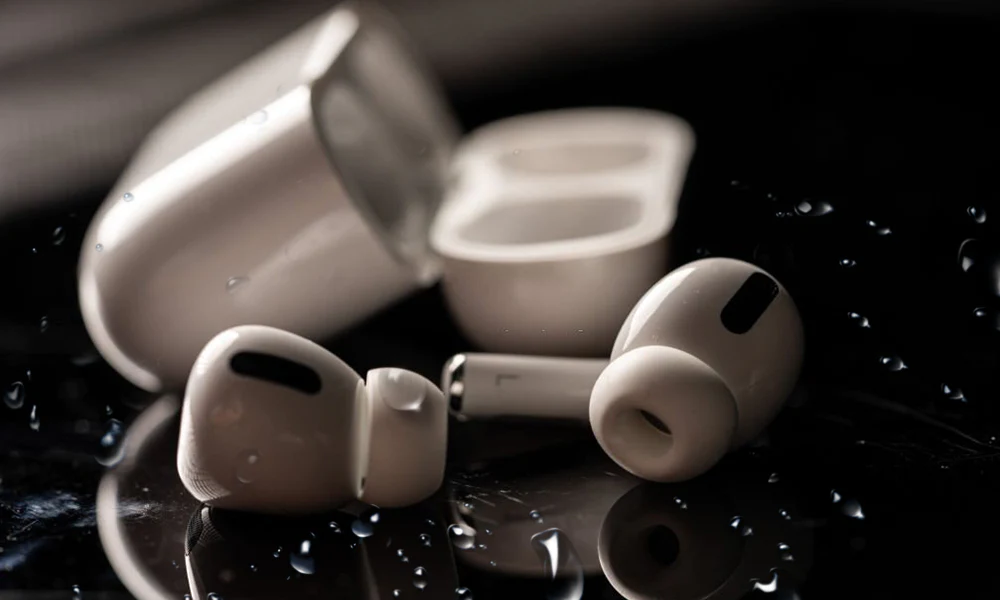
What Not to Do When AirPods Get Wet
It might seem like there’s not much left to lose when your AirPods get wet, but some methods can actually make things worse. Here’s what to avoid if your earbuds need to dry out:
Do not use Rice
Putting AirPods in rice isn’t helpful and can make things worse. Tiny rice particles or starch can get inside your AirPods and cause blockages. Simply letting them air dry is just as effective, if not better.
Do Not Use a Hair Dryer
Although heat speeds up drying, a hair dryer blows air too forcefully and gets too hot—it could melt delicate parts inside your AirPods. Never use a microwave, oven, or direct sunlight, either.
Do not Shake the AirPods Too Much
Vigorously shaking your AirPods might force water further in, making it harder for them to dry out completely.
 Reviewed by
Reviewed by 

